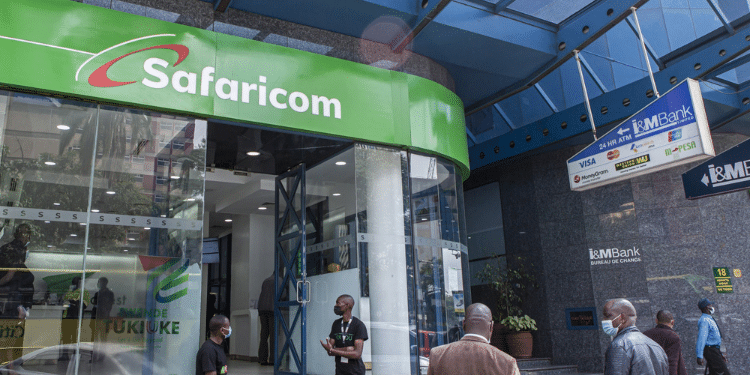The Financial Sector Conduct Authority (FSCA) of South Africa has issued 248 licenses to crypto asset service providers (CASPs), marking a significant step in the country’s efforts to regulate the rapidly growing cryptocurrency market.
This outcome follows a rigorous review process of 420 applications, with 56 applications still under consideration and nine facing rejection. Notably, 106 entities withdrew their applications after the FSCA raised concerns about their business models.
A Cautious Approach to Regulation
The FSCA’s decision to grant 248 licenses reflects a balanced approach to regulating the crypto sector. By establishing a clear regulatory framework, the authority aims to:
- Enhance Consumer Protection: Ensure that consumers are adequately protected from potential risks and scams within the crypto market.
- Promote Market Integrity: Encourage a fair and transparent market environment for both investors and service providers.
- Combat Financial Crime: Prevent the misuse of cryptocurrencies for illegal activities such as money laundering and terrorist financing.
Challenges and Considerations
The FSCA’s review process has highlighted several challenges:
- High Rejection Rate: The rejection of nine applications underscores the FSCA’s strict criteria for licensing. This stringent approach aims to ensure that only reputable and compliant entities operate within the regulated crypto space.
- High Withdrawal Rate: The withdrawal of 106 applications indicates that many entities may have found the regulatory requirements too burdensome or may have been unable to meet the necessary compliance standards.
READ ALSO:
Yellow Card Secures FSCA’s Crypto Asset Service Provider License
- Ongoing Scrutiny: The FSCA will continue to closely monitor the activities of licensed CASPs and may take further regulatory action as needed.
Why the Withdrawals?
The withdrawal of applications suggests that some entities may have encountered difficulties in meeting these stringent requirements. This is due to various factors, including:
- Insufficient Capital: Meeting the FSCA’s capital requirements can be challenging for smaller players in the market.
- Compliance Challenges: Implementing robust anti-money laundering (AML) and know-your-customer (KYC) procedures can be complex and resource-intensive.
- Technological Limitations: Ensuring the security and resilience of cryptocurrency platforms requires significant investment in technology and cybersecurity expertise.
Navigating Cryptocurrency Regulations in South Africa
South Africa has become an increasingly important hub for cryptocurrency, and businesses looking to operate in this space must understand the South Africa crypto license requirements.
These requirements are set by the Financial Sector Conduct Authority (FSCA South Africa), which oversees the regulation of financial services, including crypto-related activities.
Many businesses are also interested in the South Africa crypto license cost, as it can vary depending on the scale and nature of the operation.
For those looking to enter the market, there are even options for purchasing a South Africa crypto license for sale, which can speed up the process. Additionally, there are platforms like FSP crypto App that help users navigate the licensing process.
READ ALSO:
Visa Partners with 100Pay for Next-Gen Crypto-Backed Payment Solutions
It’s also crucial to keep an eye on South Africa crypto news, as the regulatory landscape continues to evolve, influencing the FSP crypto price and overall market conditions.
The Road Ahead
The issuance of 248 crypto licenses marks a significant milestone for the South African crypto market. However, the regulatory journey is far from over. The FSCA will continue to refine its regulatory framework and adapt to the evolving nature of the cryptocurrency landscape.
This development has significant implications for the future of cryptocurrency in South Africa. By promoting a regulated and transparent market, the FSCA aims to unlock the potential of cryptocurrencies while mitigating associated risks.







Leave a Reply